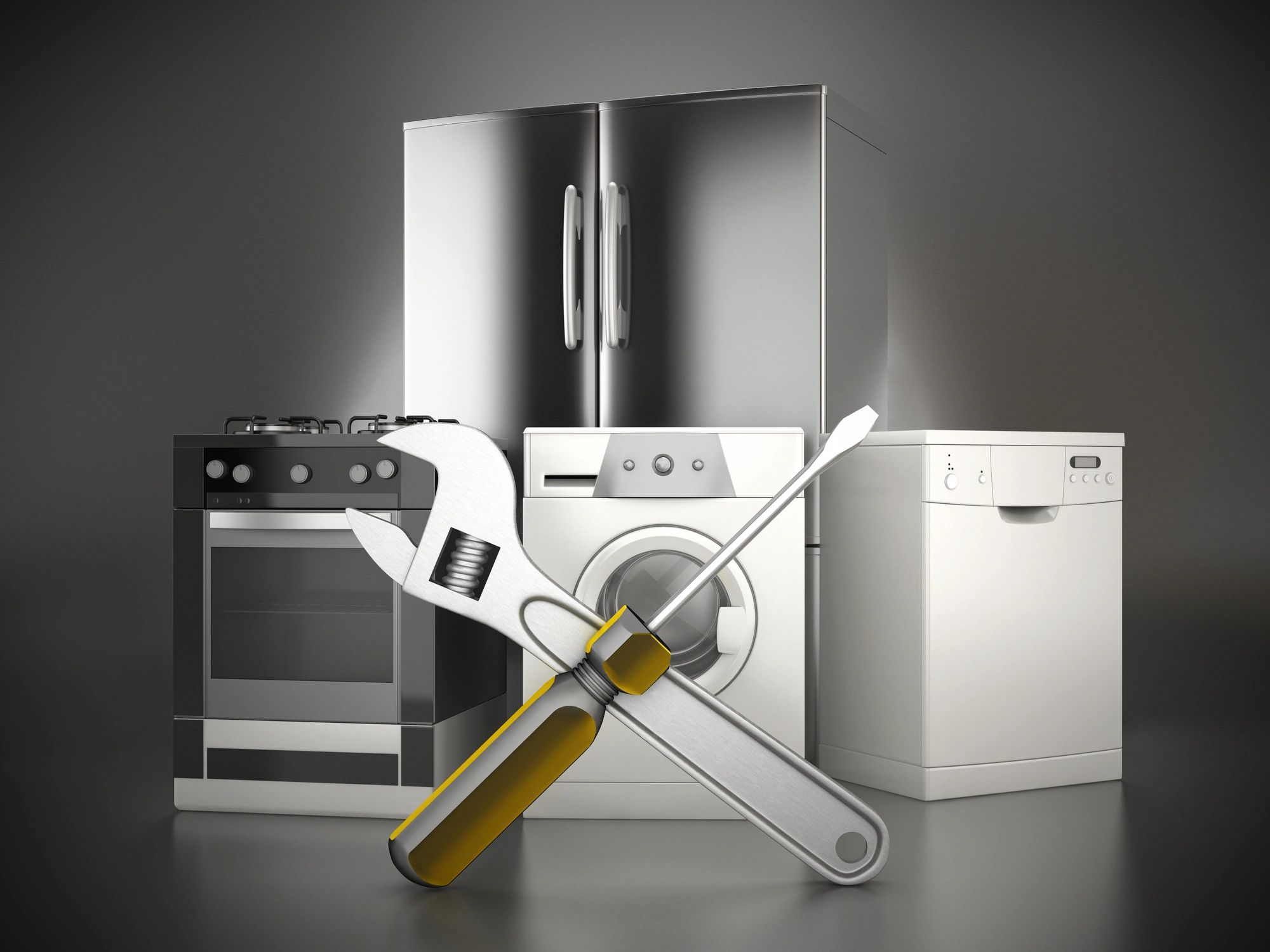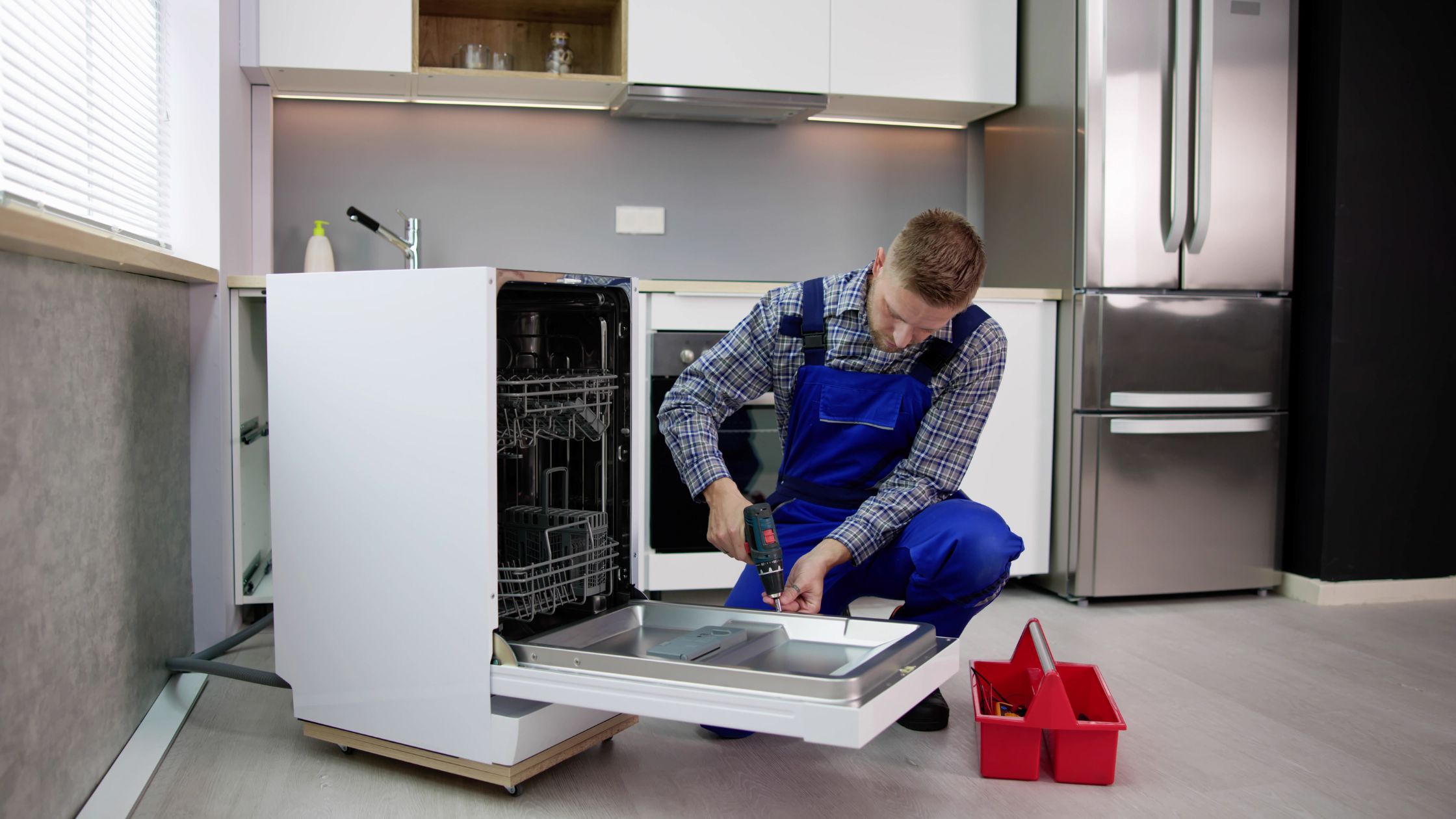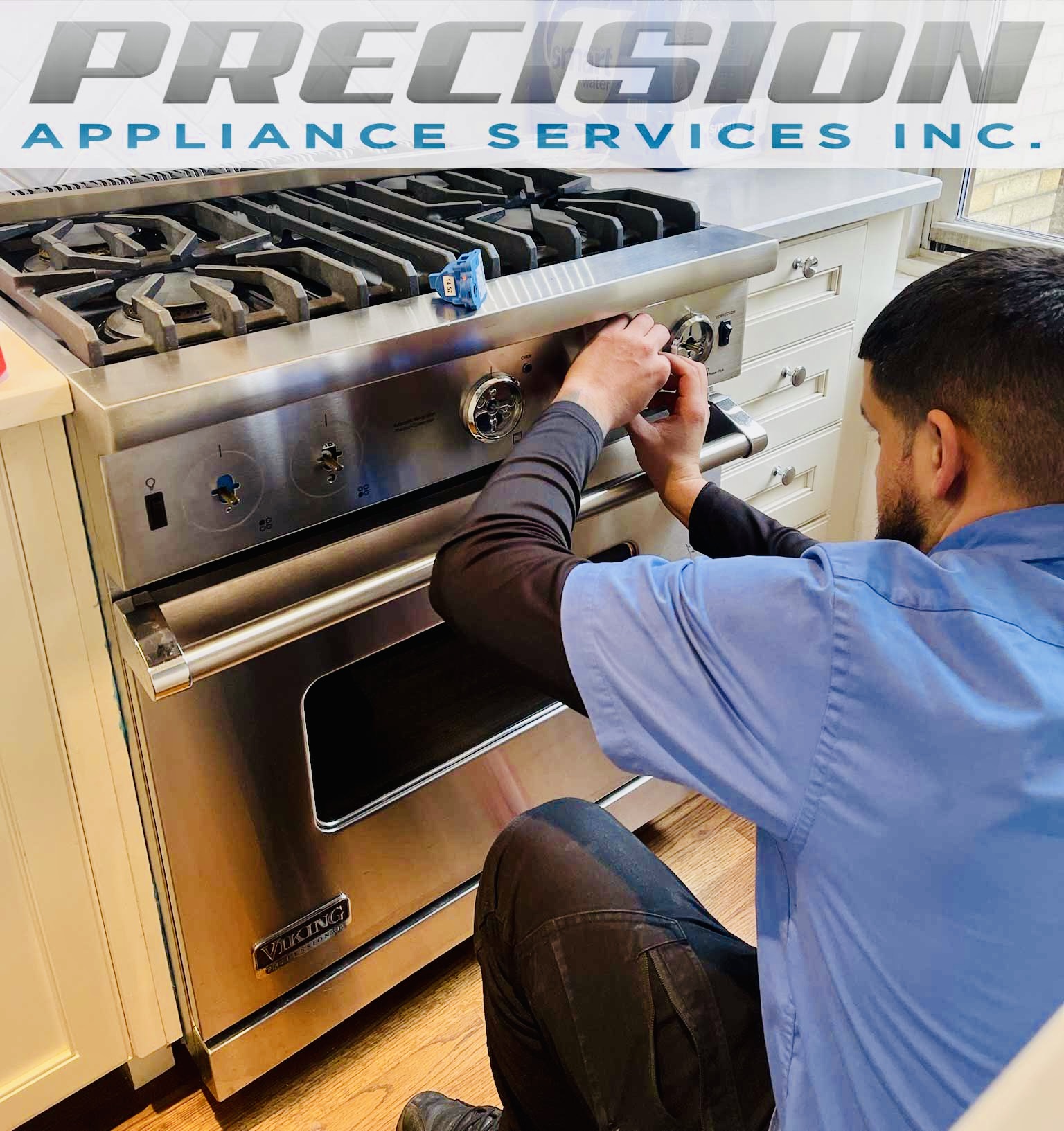The Ultimate Guide to Comprehending Device Fixing at Home
When your fridge quits cooling or your oven refuses to warm, it can feel overwhelming. Comprehending appliance repair service at home can conserve you time and cash. You'll discover to identify signs, utilize crucial devices, and comply with an organized troubleshooting procedure. Before you begin, there are essential safety and security preventative measures you require to take right into account. What are one of the most typical issues, and exactly how can you repair them? Let's explore the basics.
Common Device Problems and Their Signs and symptoms
When your devices begin breaking down, it's vital to identify the indications early on. Overlooking them can bring about larger concerns and pricey fixings. As an example, if your refrigerator isn't cooling down effectively, you could discover warm spots or condensation creating. This could show a falling short compressor or a blocked vent.Your dishwasher may show issues through dirty recipes or unusual sounds during cycles. If you listen to grinding or clanking, it's time to investigate.A washing machine that will not rotate or drain can leave you with soggy washing, recommending a blocked drainpipe or a malfunctioning pump.Lastly, if your stove's temperature level appears off or it takes permanently to pre-heat, you could be dealing with a defective thermostat. By staying alert to these symptoms, you can resolve issues before they escalate into significant fixings.
Vital Devices for Device Repair
When you're dealing with device repair services in the house, having the right tools is crucial. Fundamental hand devices like screwdrivers and pliers will aid you dismantle and take care of different home appliances, while electrical testing tools ensure you're working safely with electrical wiring. Let's go over what you require to begin on your repair trip.
Fundamental Hand Tools
Having the right devices is necessary for efficient appliance repair service in your home. Start with a reputable screwdriver set, consisting of both flathead and Phillips kinds, as screws prevail in device assembly. Pliers are also essential; they assist with gripping, turning, and reducing cables or little elements. A set of needle-nose pliers can reach difficult situations conveniently. You'll need an excellent adjustable wrench for tightening up or loosening nuts and screws. An utility blade comes in handy for cutting via product packaging or insulation. Do not forget a tough workbench or surface to securely organize your devices and components. With these standard hand tools, you'll be well-prepared to take on most appliance fixings that come your way.
Electrical Screening Tools
Together with standard hand tools, electric testing tools play a vital role in appliance repair work. These tools help you identify electric problems and guarantee home appliances operate safely. A multimeter is important; it gauges voltage, present, and resistance, permitting you to pinpoint troubles quickly. A non-contact voltage tester is another essential, allowing you discover live wires without making direct get in touch with, improving your safety. Secure meters are terrific for determining present circulation in cables without disconnecting them, conserving you effort and time. Furthermore, circuit testers can swiftly inspect if outlets are functioning effectively. By utilizing these devices, you'll streamline your troubleshooting process and boost your fixing skills, making home appliance maintenance a lot much easier.
Step-by-Step Overview to Diagnosing Device Issues
When your appliance breaks down, it can be aggravating, but identifying the problem does not have to be overwhelming. You'll learn to determine typical issues and use efficient repairing strategies. Let's go through the steps to obtain your home appliance back in working order.
Common Home Appliance Troubles

Fixing Methods Discussed

Repairing Significant Kitchen Devices: A Closer Look
Have you ever before questioned exactly how to tackle usual concerns with your kitchen area devices? Repairing significant cooking area appliances like fridges, ovens, and dish washers can be easier than you believe. Start by identifying the problem-- whether it's a refrigerator not cooling or an oven that will not warm. Commonly, a simple reset or inspecting the power source can address the issue.For refrigerators, clean the condenser coils and inspect the door seals. If your stove's not home heating, inspect the heating component and thermostat. Dish washers might just need a clean filter or a reset to get them back at work. Always unplug the home appliance prior to diving into repair work to ensure your safety.Don' t fail to remember to seek advice from the user manual for particular fixing suggestions connected to your model. With a bit of patience and the right tools, you can confidently take on appliance repairs and save money while doing so!

Repairing Washing Devices: Tips and Techniques
When your laundry devices start breaking down, it can feel overwhelming, however fixing them doesn't need to be a headache. Beginning by examining the power supply. Validate the home appliance is plugged in and the outlet is working. Next off, examine the door or cover switch; a faulty button can protect against the maker from operating.For washers, if it's not spinning, look for out of balance lots. Rearranging the clothes might fix the problem. If your clothes dryer isn't home heating, clean the lint filter and check the air vent for blockages.Listen for uncommon sounds; they can show a trouble. If your appliance is dripping, check the hoses for cracks or loosened links. Record any kind of mistake codes presented on digital screens, as they can assist you in recognizing the concern. Speak with the individual manual for specific repairing suggestions associated to your design.
Security Preventative Measures to Take Throughout Repair works
Before you start any kind of appliance fixings, it's crucial to focus on safety to stop accidents or injuries. Unplug the home appliance or transform off the circuit breaker to ensure no power reaches it while you work. Usage shielded tools to reduce the risk of electrical shock. Wear security goggles and handwear covers to safeguard on your own from sharp edges or debris (Kenmore Dryer Repair Oro Valley Dependable Refrigeration & Appliance Repair Service).Make particular your work area is tidy and well-lit, so you can see what you're doing. Keep youngsters and pets away from the area to prevent disturbances and possible hazards. If you're taking care of gas home appliances, be added mindful; look for leakages prior to proceeding.Take your time, and do not hurry with fixings. If you really feel unpredictable concerning any kind of action, it's far better to stop and research than to guess. Adhering to these safety measures will assist develop a safer atmosphere for your DIY home appliance repair service job
When to Call an Expert for Assistance
How do you recognize if it's time to contact a specialist for home appliance repairs? If you have actually attempted fundamental troubleshooting without success, it's a clear sign. If your appliance still will not begin or reveals uncommon sounds after resetting it, don't think twice to look for expert help.When you discover leaks, smoke, or shedding smells, prioritize safety and call a professional promptly. These problems can cause even more considerable damage or present risks to your home.Also, if your device is under guarantee, getting in touch with a specialist is usually the most effective route. They can assure that repair services won't nullify your warranty, conserving you money in the long run.Finally, if you're unsure or unpleasant with intricate repair services, it's sensible to leave it to the specialists. Keep in mind, dealing with complicated concerns without the best know-how can result in costly errors. Trust fund an expert when in uncertainty!
Often Asked Inquiries
Just How Can I Stop Home Appliance Problems in the Future?
To prevent home appliance issues in the future, you should execute regular upkeep, check for deterioration, clean filters, and prevent overloading. Staying positive will certainly help extend their life-span and keep them running smoothly.
What Are the A Lot Of Common Do It Yourself Home Appliance Repair Work Mistakes?
You could neglect safety and security precautions, miss troubleshooting steps, or use inaccurate tools when trying do it yourself appliance repairs. Hurrying the process or neglecting supplier standards can lead to more considerable problems and expensive errors. Remain patient and educated!
Just how Do I Know if a Component Demands Replacement?
You can tell if a part requires replacement by looking for uncommon sounds, leakages, or irregular efficiency. If the home appliance has a hard time to operate properly or shows visible damages, it's likely time for a replacement.
Can I Make Use Of Generic Components for Appliance Repair Works?
Yes, you can utilize common components for device repair work, but establish they're suitable - Dependable Refrigeration & Appliance Repair Service Dryer repair near me. Generic components could save you cash, but they might affect performance or long life, so weigh your alternatives very carefully prior to deciding
What Warranties Cover Appliance Services?
Most home appliance warranties check here cover repairs for manufacturing flaws, however they commonly exclude damage from abuse. Inspect your warranty terms carefully, as some may call for using licensed technicians and initial parts for coverage to remain valid.